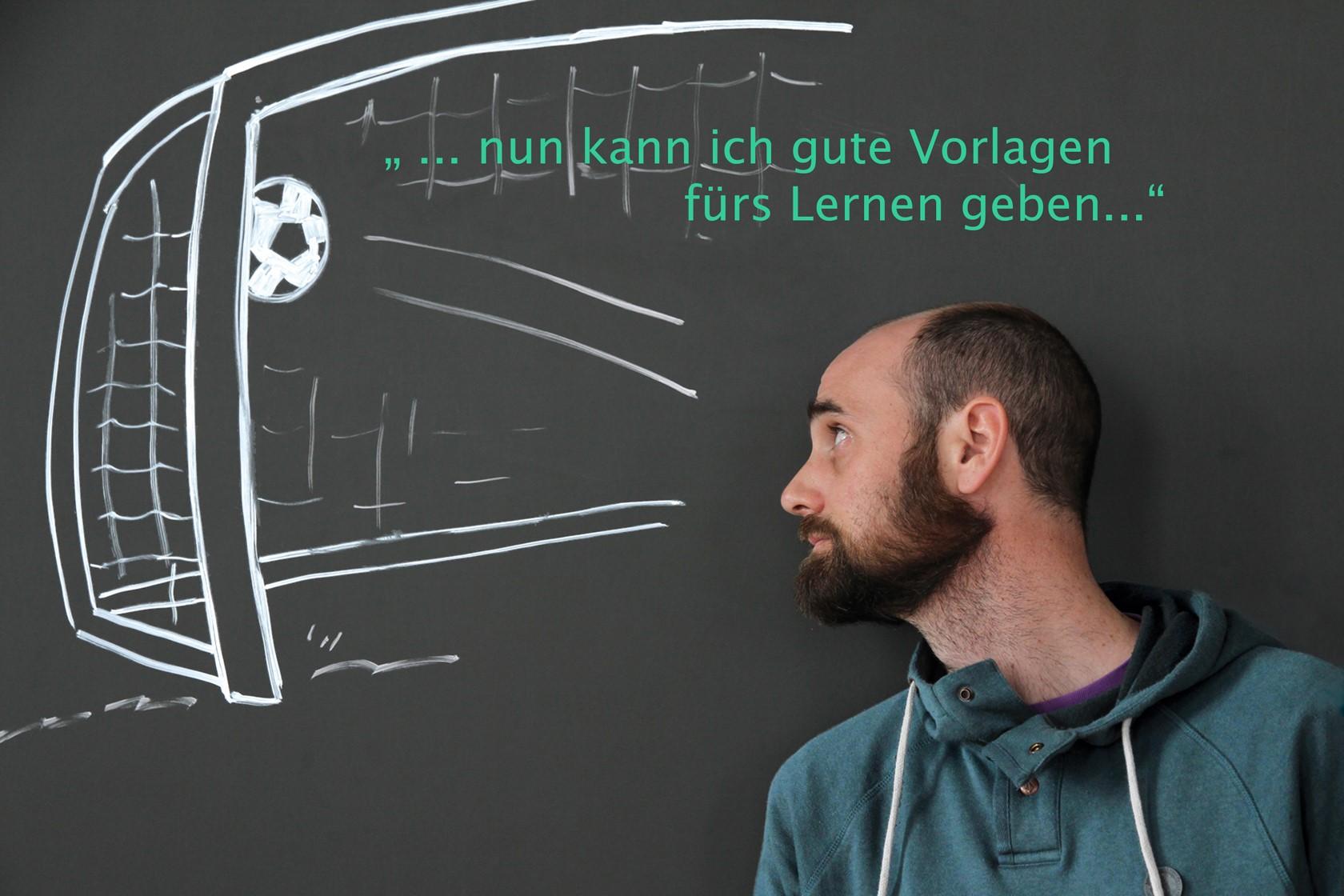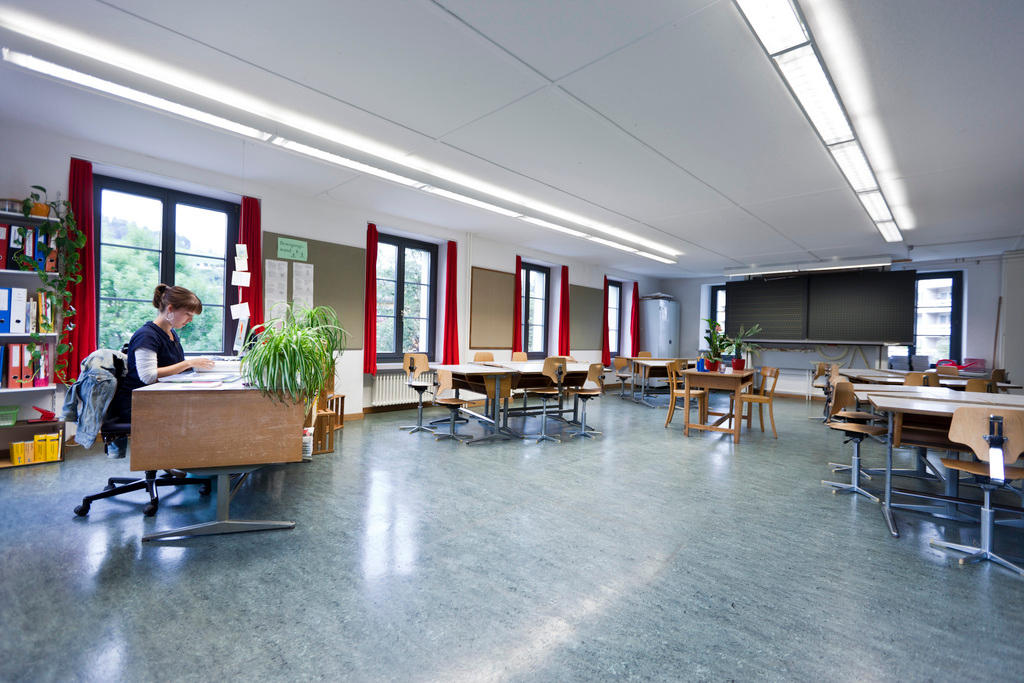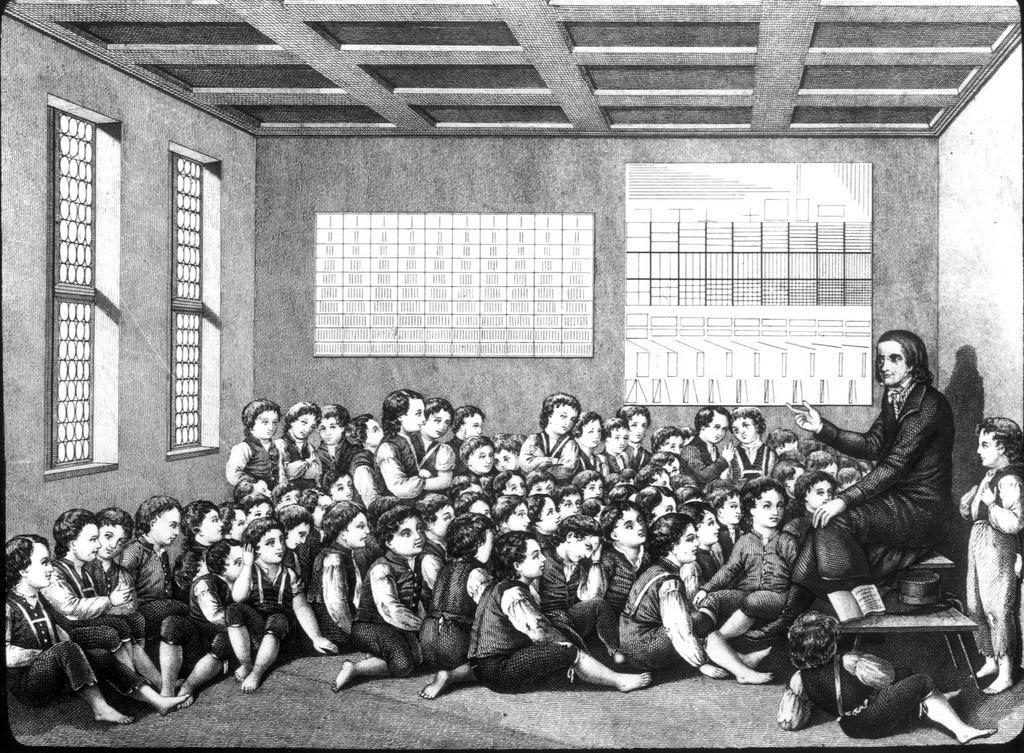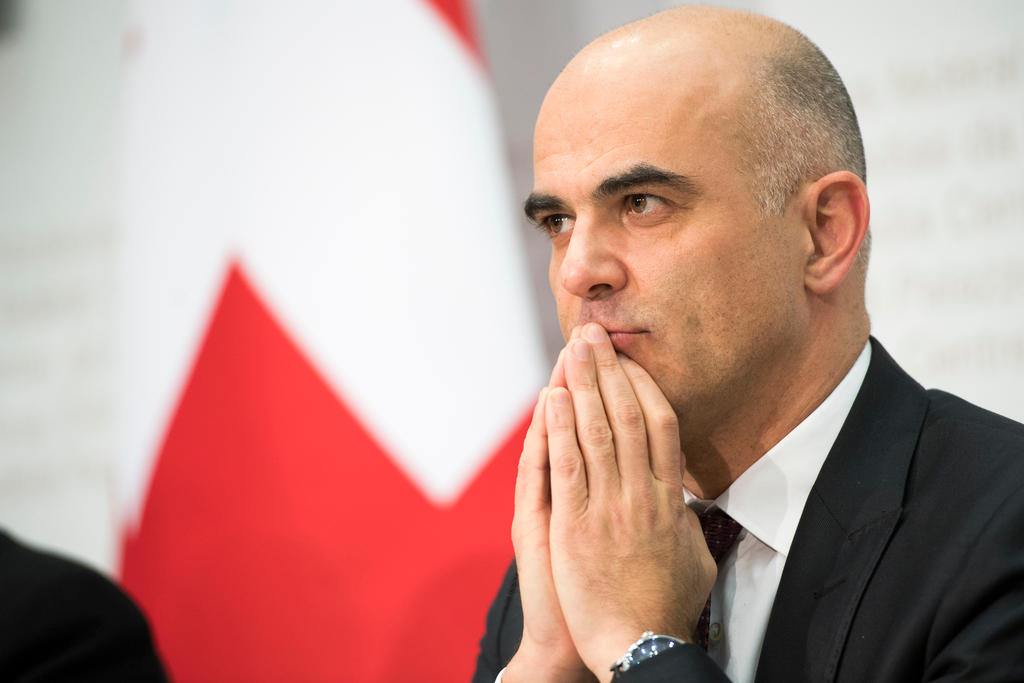New syllabus passes test in key canton

The introduction of a common school curriculum in Switzerland’s German-speaking cantons has taken a step forward with a ‘yes’ vote in canton Aargau.
Voters in the northern canton showed their overwhelming support of the single syllabus, ‘Lehrplan 21External link’. They were asked to decide on a counter proposal on Sunday which would have hindered the curriculum’s introduction in the canton. Seventy per cent turned this proposal down, paving the way for the new system’s introduction in the school year 2020/21.
Under Switzerland’s federal structure, education falls under the jurisdiction of each of its 26 cantons. Over the past few years, the cantonal education heads drew up common syllabi – one for German-speaking cantons and another for French ones – after Swiss voters approved a constitutional article to harmonise education.
But it’s the same Swiss style federalism that leaves the final decision on the common curriculum’s introduction to each canton, like Aargau. The transition to a single syllabus in French-speaking regionsExternal link has already gone ahead.
The counter proposal was brought by a group of teachers and representatives of parties on the right of the political spectrum. They campaigned that Lehrplan 21 was too costly and eliminated key subjects including physics, biology, history and geography.
Kurt Reusser, a professor of education at the University of Zurich, told swissinfo.ch in the run up to the vote that ‘Lehrplan 21’ would not make the Swiss education system uniform but “it will ensure that, in a time of great mobility among parents and pupils and international compatibility in education, there is a common curriculum in Switzerland, at least for compulsory schooling, which sets out goals for a basic education”.
Lehrplan 21: the philosophy
The Lehrplan 21 is based on competencies – with goals on what the pupil should know by a certain class level rather than what should be taught to them.
“It’s about increasing technical knowledge, transferable skills and personal development,” Reusser says. Pupils should be prepared for a life in which they will constantly be learning, working and listening to others, problem solving, needing to be part of discussions and forming an opinion, he adds.
Some subjects will be taught together as one unit. For example: Natur Mensch Gesellschaft (Nature, People, Society) will encompass geography, physics, chemistry, biology, history, political education, and society issues. The idea is to make pupils aware of how today’s problems are interlinked.
Foreign languages: in 2004 the Swiss Conference of Cantonal Directors of Education agreed that children should learn 2 foreign languages: a second national language and English. It is up to cantons which language is learned first. This strategy was started before the Lehrplan 21, but the Lehrplan 21 has taken it over and adapted it. The language issue – how many pupils should learn and fears over the popularity of English over national language French – remains unresolved.
Around the cantons
Voters have supported Lehrplan 21 in votes in the following cantons:
On February 12, 2017, canton Aargau.
On November 27, 2016: cantons Schaffhausen and Thurgau.
On 25 September 2016: canton St Gallen (initiative to leave the HarmoS agreement, which targeted Lehrplan 21).
On June 5, 2016: Basel Country
In canton Schwyz the cantonal government declared an initiative against Lehrplan invalid, a decision later supported by the Swiss Federal Court after the initiative’s backers appealed. There is an initiative pending in canton Solothurn. No official date yet for the vote, but possibly May/June 2017.

In compliance with the JTI standards
More: SWI swissinfo.ch certified by the Journalism Trust Initiative













You can find an overview of ongoing debates with our journalists here . Please join us!
If you want to start a conversation about a topic raised in this article or want to report factual errors, email us at english@swissinfo.ch.